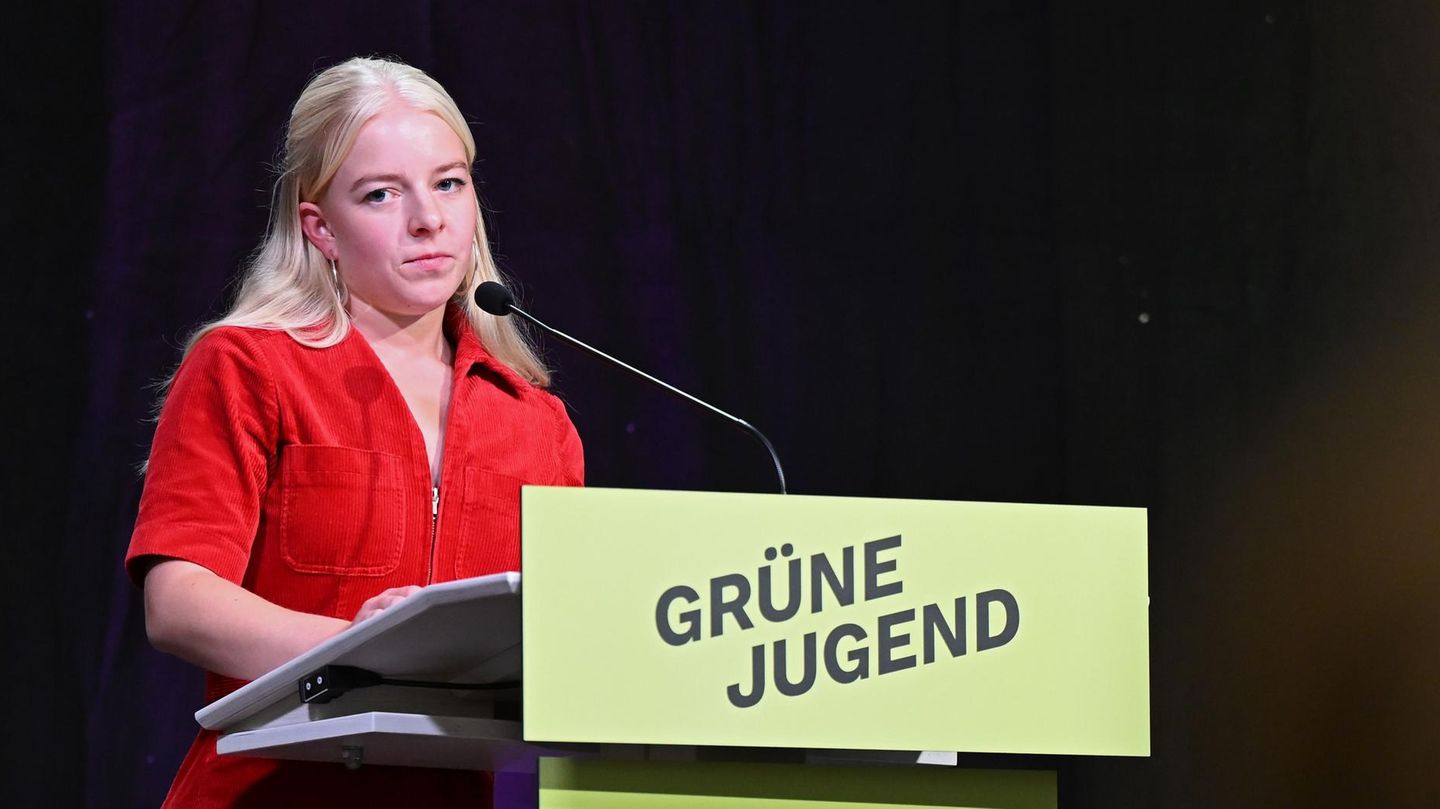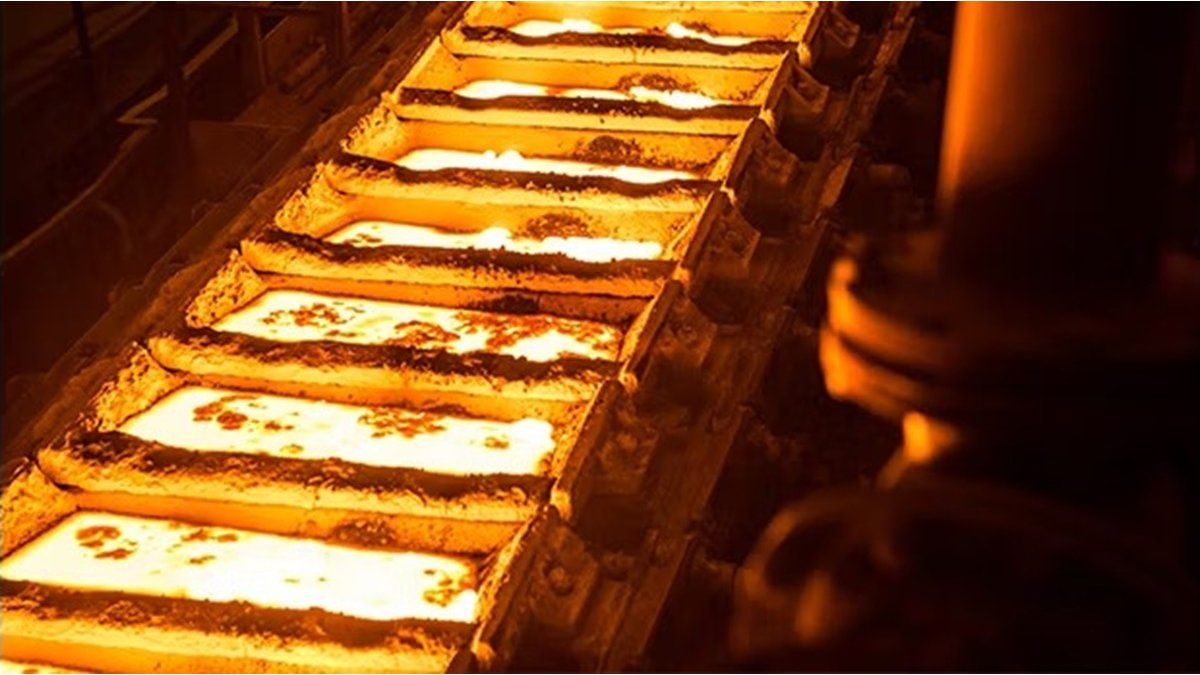Next, the full interview with the specialist in financial field.
Journalist: The Government insists with the idea that market volatility is attributed only to the opposition risk. Does there are policies of the economic team that generate doubts?
Fernando Marull: I would say that in the period of the last two months the market was a bit more nervous because there were changes. First, in April, with the change of exchange policy: from Crawling PE to a flotation scheme. And the flotation already generates more uncertainty regarding crawling PEG. Then, in July, with the elimination of the Lefis, which was another change, a flotation scheme of the rate, that is, an endogenous rate. Then, first in April the dollar flotation changed and now the flotation of the rate.
That was generating noise. Two months ago I would say that the rates began to rise through this flotation of the rate, which for me was forced a bit by the Central Bank. The change of monetary policy instrument, that issuance of the Lefis generated the consequence that you have a rate that is double. It went from 30% to approximately 60%. That also allowed to accompany the increase of the dollar.
Therefore, the market had to validate more rate to accompany the increases of the currency, which went from $ 1,150 to $ 1,350. From the middle of June, which was when the rates began to rise, I would say that the volatility scenario was more generated by the economic plan. Then, in that framework of rates and dollar rise, the previous electoral was put.
So, how much was generated by the government and how much by the opposition risk? I would tell you that at the beginning it was more for the economic plan and now, in recent weeks, the previous electoral was added, which was known: before the one one is dollarized, it is logical.
Q: However, on Thursday Caputo said that, if not disarming the Lefis, the monetary scenario would have been worse and the pressure on the major exchange rate. Despite the contrafactic, does it point to the same idea?
FM: It is their reading. They passed that $ 15 billion beat you every day to a scheme where they beat every 15 days.
But the truth is that, at least from the point of view of the central bank and the treasure, all the weights that won did not go to the street because the lace increased in an equivalent amount. Between the rise rise and the forced demand of bonds -they submitted the lace four times and there were two tenders out of calendar -those six measures removed weights of circulation.
Likewise, in theory you removed the weights, but the consequence is that, if you have the same amount of pesos as before the Lefis and you have twice as much rate, something happened: It was not the amount of pesos, it was the instrument. A one -day instrument was taken to the market and it had a longer term, which has more cost in terms of interest rate.
Even so, it seems to me that the government raised interest rates a bit to reach the elections with more rate and with a higher dollar, which gives a more manageable situation because you are closer to the upper band. Today you are better standing with a 60% rate and a dollar at $ 1,350, than with a 30% rate and a dollar at $ 1,150.
Fernando-Marulljpg.webp
Fernando Marull is one of the most consulted economists and more heard by the government
Q: He just said that “the government raised interest rates.” That does not validate the idea of endogenous rate.
FM.: In theory, if the rate is endogenous, the Central Bank did not upload. But for me the Central Bank uploaded it. That is my reading, although it does not match that of the Government.
Q: The fact that the ruling party wins the elections, could it imply that the country risk drops or is there anything else that should happen?
FM: I think that in the day after the elections there are two clear scenarios:
If in the province of Buenos Aires There is a draw or the ruling loses by little, that is good for the market. They would lower the dollar and rates.
If the government loses for 10 points, in that case, the following Monday would rise the dollarthe bonds would fall and the rates would go up. But the market does not discount it today.
Today the market discounts somewhat different from the surveys. While surveys mark a tie in the province and opposition triumph for 10 points in October, prices indicate that Milei would not be winning, at least in September, but that is good news for the government, because it means that the market does not discount great optimism and, therefore, the “day later” would be softer.
Q: What is the impact of corruption in Andis on the scenario of defeat?
FM: The market incorporated that the case can subtract votes from the Government in the province and in October. It is not known how much, but since the news came out the country risk and the bag fell. It is not in the case itself, but because of its electoral effect: less support for the government is more political risk.
Q: If the government gets a good result in October, do you have free way to modify the exchange scheme?
FM: Yes, in a good scenario the rates will go down strong, the dollar too, and there the treasure would have the opportunity to buy dollars. I hardly do it, because there would be capital entrance.
If the market is wrong and the government makes a good choice in the province of Buenos Aires, I have no doubt that the dollar falls. And there we will have to see if the government intervenes to prevent it from falling too much, which would imply a change in the scheme.
Q.: At first the management seemed to underestimate the goal of accumulation of reserves. Do you think the market maintains another perspective?
FM.: Yes, definitely. The market believes that you have to accumulate reservations or return to markets. Today they are not accumulating and the bonds do not allow them to finance. Then it is one of two.
If they do not get market, they have to accumulate reservations. That could occur if the government makes a good choice: the country risk lowers, the expectation of access to markets returns and in November or December the treasure can buy reservations again or accumulate in some way through bond placements. In that case, you could approach this year’s goal of almost USD 5,000 million.
Q: What do you think of the new regulations of the Central Bank towards the banks? Are macroprudential measures?
FM: No, to me I do not like this type of interventionist measures. I understand that they seek to lower the volatility of rates and dollar in an economy that was always handled with the signs of the Central Bank.
I like a central bank that marks a clear reference rate. But the concrete answer is that I do not like these regulations. I understand them why you are in the previous electoral and you need a dollar with limited volatility: if you escape, you have a political impact.
Q: If the case of possible corruption in Andis was excluded, how would the voter get to the elections, considering the economic variable?
FM: Unlike many colleagues, I think the economy does not come so bad. Compared to Macri in 2017, Milei arrives a little worse, but not in crisis.
The salaries bounced; Some sectors are better than in December, others worse. The economy stagnated in recent months, but is not in crisis. In addition, poverty fell from 41% to 31%, that is, almost 4 million less poor.
Therefore, for methe economy should accompany the electoral result. It is true that nothing is left over, but if it were only for the economy, the government should tie in the province and win in October. Another thing is if corruption cases or other factors weigh more, there it exceeds me.
Source: Ambito




